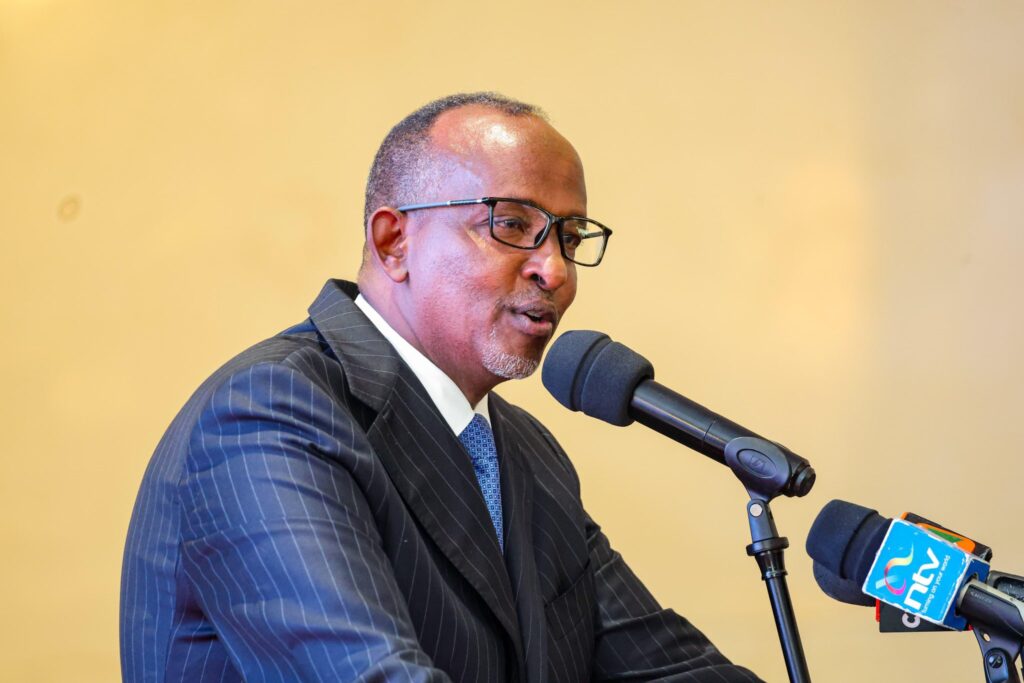Kenya’s healthcare sector is facing a potential crisis as private and faith-based hospitals warn of a nationwide shutdown due to billions of shillings in unpaid claims from the government.
The Rural Private Hospitals Association of Kenya (RUPHA), which represents over 700 facilities, says the government owes its members Ksh76 billion in arrears Ksh33 billion from the defunct National Health Insurance Fund (NHIF) and Ksh43 billion from the newly established Social Health Authority (SHA).
Speaking in Meru, RUPHA chairman Brian Lishenga said the delayed reimbursements have pushed many facilities to the brink of collapse, with some shifting to cash-only payments and others preparing to shut down entirely.
“Private hospitals provide nearly 50 percent of the country’s healthcare services, yet we continue to face unfair treatment in how reimbursements are made. The persistent non-payment of claims is crippling facilities and putting the entire healthcare system at risk,” said Lishenga.
According to RUPHA, hospitals submitted Ksh93 billion in claims since SHA began operations in October 2024. However, only Ksh50 billion—just 53 percent—has been reimbursed. The association noted that President William Ruto had directed all pending NHIF claims be settled, but that directive has yet to be implemented.
Compounding the crisis, pilot counties under the government’s digital superhighway program—Mombasa, Kirinyaga, Embu, and Nandi—have experienced persistent non-payment of Primary Healthcare claims. Lishenga said the digital rollout, instead of easing service delivery, has created new financial hurdles for hospitals.
RUPHA now warns that unless immediate action is taken to clear the arrears and streamline payment systems, millions of patients who rely on private hospitals risk losing access to medical care.
“The survival of Kenya’s healthcare system under SHA is under serious threat. Hospitals cannot continue operating without reimbursements, and patients will be the ultimate victims,” Lishenga cautioned.
With private hospitals playing such a critical role in service delivery, the looming shutdown could paralyze healthcare access across the country.

